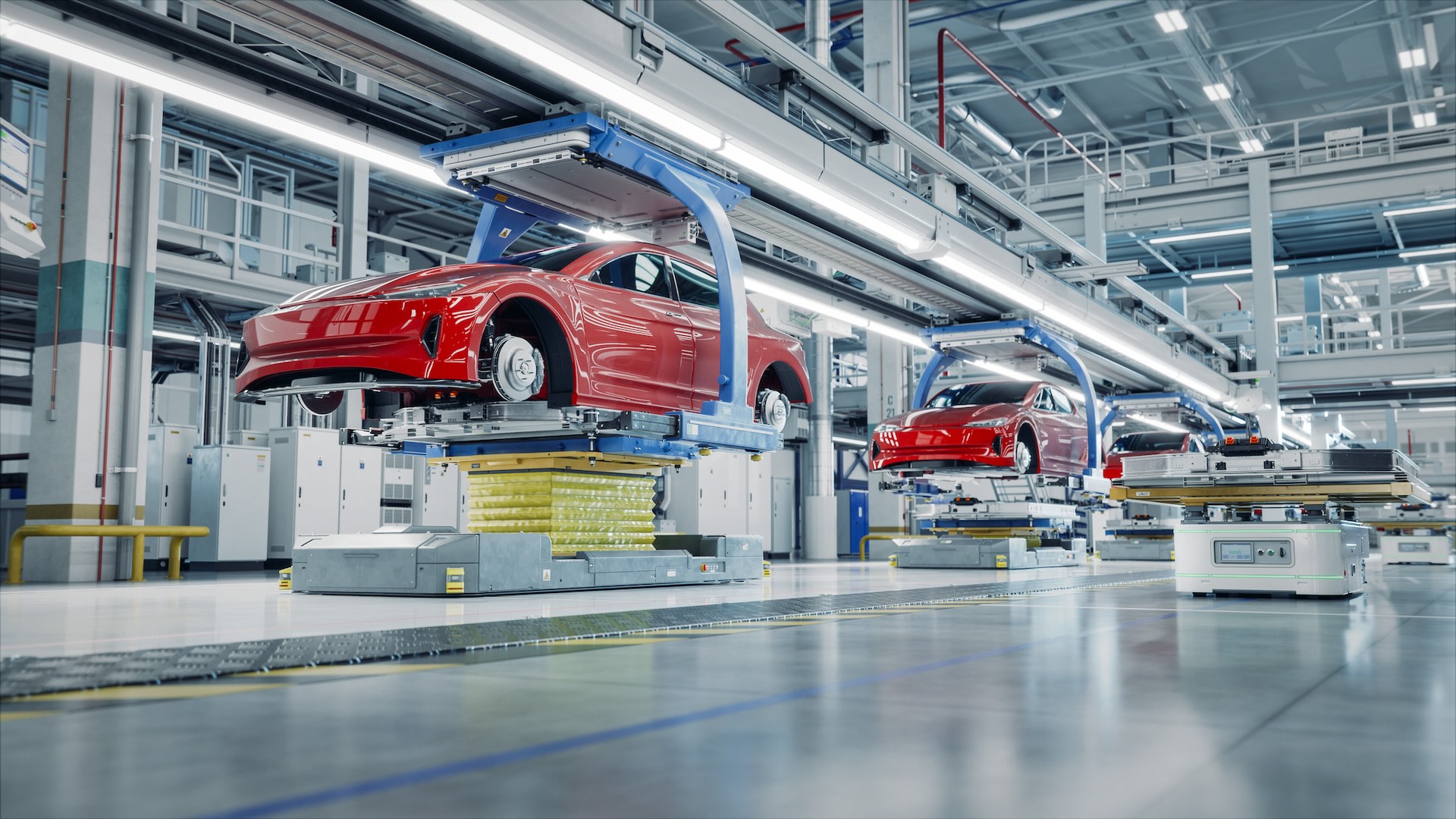
The automotive industry is undergoing a technological transformation, and blockchain is at the forefront of this evolution. Known for its ability to create secure, transparent, and tamper-proof digital ledgers, blockchain has found applications in various sectors. In the automotive world, it addresses challenges such as supply chain inefficiencies, vehicle history fraud, and data security. By fostering trust and enhancing transparency, blockchain is poised to reshape the way manufacturers, suppliers, and consumers interact. This article delves into the role of blockchain in the automotive industry, exploring its impact and future potential.
Enhancing Supply Chain Transparency
The automotive supply chain is complex, involving multiple suppliers, manufacturers, and distributors across the globe. This complexity often results in inefficiencies and a lack of visibility. Blockchain technology offers a solution by creating a decentralized ledger that records every transaction and movement of parts in real-time.
With blockchain, manufacturers can trace components back to their origin, ensuring quality and compliance with industry standards. This transparency also helps identify counterfeit parts, which pose safety risks and undermine consumer trust. For suppliers, the technology ensures accurate and timely payments, as smart contracts can automate transactions once predefined conditions are met.
Revolutionizing Vehicle History Tracking
One of the most significant challenges in the automotive industry is ensuring the accuracy of vehicle history reports. Buyers often rely on these records to make informed decisions, but traditional systems are prone to manipulation and inaccuracies. Blockchain can create an immutable record of a vehicle’s lifecycle, from manufacturing to resale.
Every service, repair, and ownership change can be recorded on a blockchain, providing buyers with a complete and trustworthy history of the vehicle. This transparency builds confidence in the used car market, reducing instances of fraud and encouraging fair pricing. Both sellers and buyers benefit from a system where trust is built into the transaction.
Securing Automotive Data
Modern vehicles are increasingly equipped with advanced sensors and connectivity features that generate vast amounts of data. While this data enhances functionality and user experience, it also raises concerns about privacy and security. Blockchain can offer a secure framework for managing and sharing this data.
By using blockchain, vehicle data can be encrypted and shared only with authorized parties. For example, insurance companies can access accident data for claims processing, while service centers can retrieve maintenance records. This controlled access not only safeguards sensitive information but also ensures that data is used responsibly.
Cash for Cars Enhances Transparency in Automotive Recycling
Blockchain technology is transforming the automotive industry by improving trust and transparency in transactions. This innovation extends to the cash-for-cars sector, including services like cash for damaged cars Sydney, where blockchain can ensure accurate tracking of old vehicles from sale to recycling. By securely documenting each step, from purchase to eco-friendly dismantling, blockchain fosters accountability among car wreckers and buyers. This transparent approach aligns with the industry’s commitment to ethical and sustainable practices, benefiting both sellers and the environment.
Facilitating Mobility Services
The rise of shared mobility services, such as ride-hailing and car-sharing, has added a new dimension to the automotive industry. Blockchain can streamline these services by enabling secure and transparent transactions between users and service providers.
For instance, blockchain-based payment systems can eliminate intermediaries, reducing costs and increasing efficiency. Additionally, smart contracts can automate processes such as billing and refunds, ensuring a seamless experience for users. Blockchain also supports peer-to-peer vehicle sharing, where individuals can rent out their cars without relying on third-party platforms.
Driving Innovation with Autonomous Vehicles
Autonomous vehicles rely heavily on data to navigate and make decisions. Blockchain can enhance the reliability of this data by ensuring its integrity and authenticity. For example, traffic and mapping data stored on a blockchain cannot be tampered with, reducing the risk of errors or malicious interference.
Blockchain also plays a role in communication between autonomous vehicles. By creating a secure network, vehicles can share information about traffic conditions, road hazards, and other critical factors. This collaboration improves safety and efficiency, paving the way for the widespread adoption of self-driving cars.
Also visit: https://cashforcarsnsw.com.au/where-to-sell-my-old-car/
Addressing Environmental Concerns
Sustainability is a growing priority for the automotive industry, and blockchain can contribute to environmental efforts. By tracking the carbon footprint of each component and process, manufacturers can identify areas for improvement and implement greener practices.
Additionally, blockchain supports initiatives such as battery recycling for electric vehicles. It can record the lifecycle of a battery, from production to disposal, ensuring responsible handling and compliance with environmental regulations. This transparency promotes accountability and helps the industry move toward a circular economy.
Conclusion
Blockchain technology is transforming the automotive industry by addressing critical challenges and fostering trust and transparency. From enhancing supply chain visibility to securing data and supporting sustainability, its applications are wide-ranging and impactful. As the industry continues to evolve, blockchain is likely to play an increasingly significant role, driving innovation and efficiency.
By embracing blockchain, the automotive industry can build a future where trust is inherent in every transaction and interaction. This transformation not only benefits manufacturers and suppliers but also empowers consumers with the confidence to make informed decisions. The integration of blockchain marks a new era of accountability and collaboration, shaping the automotive landscape for years to come.
Discover related articles on our blog.





Leave a Reply